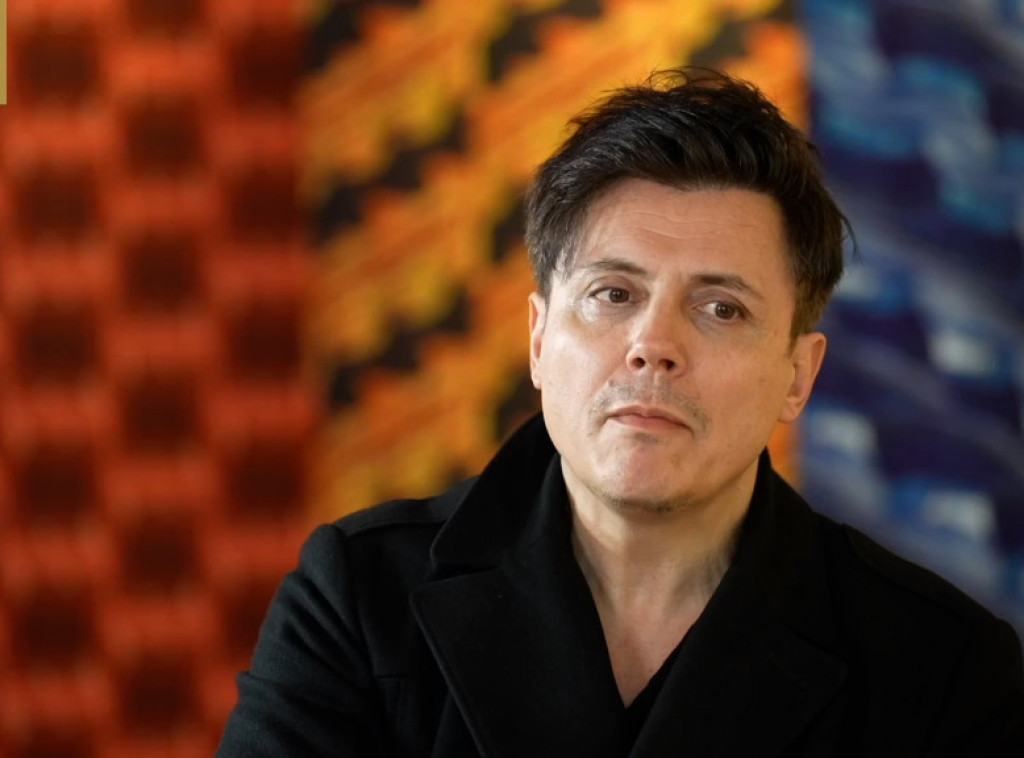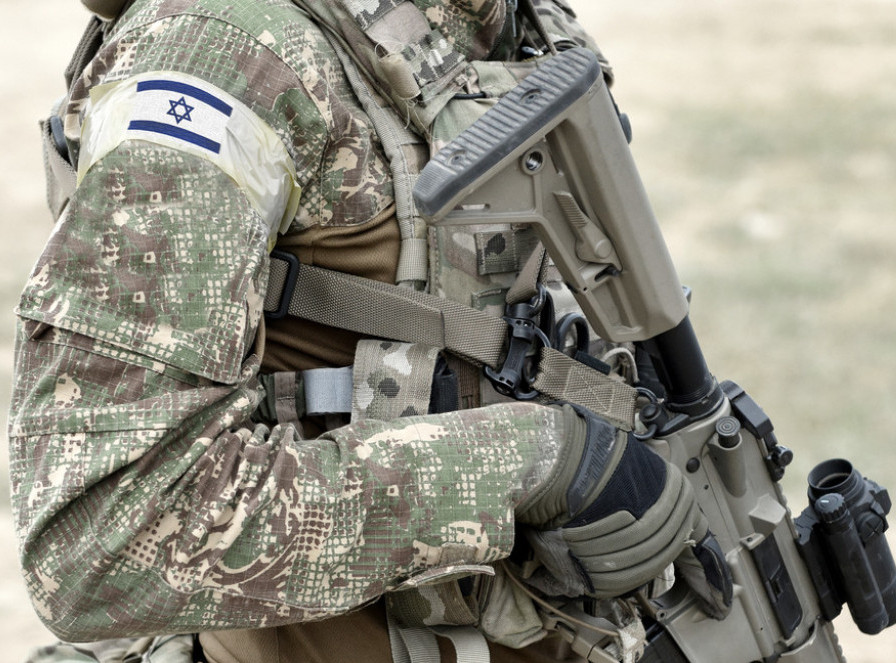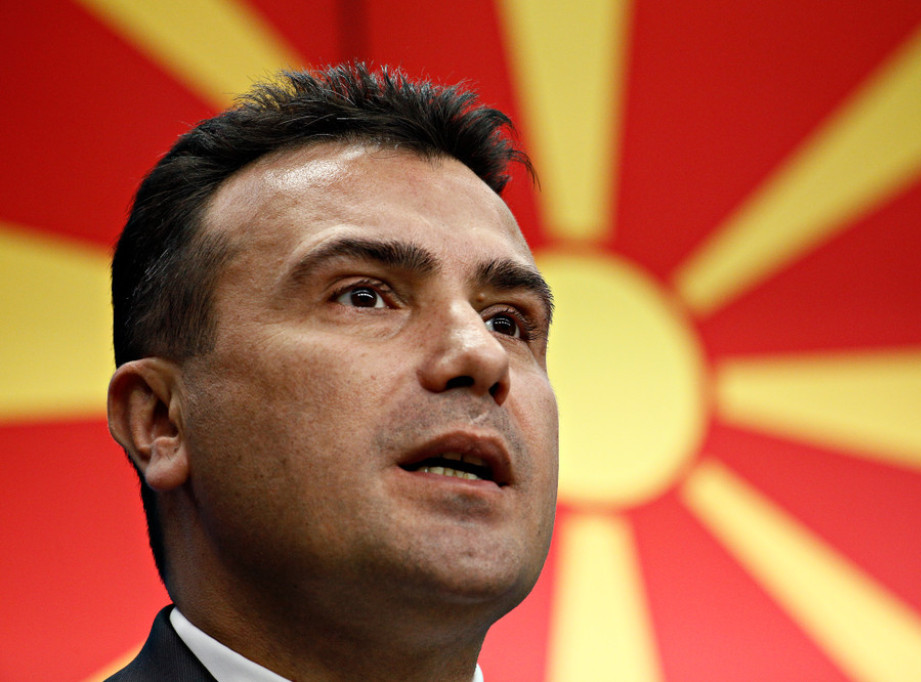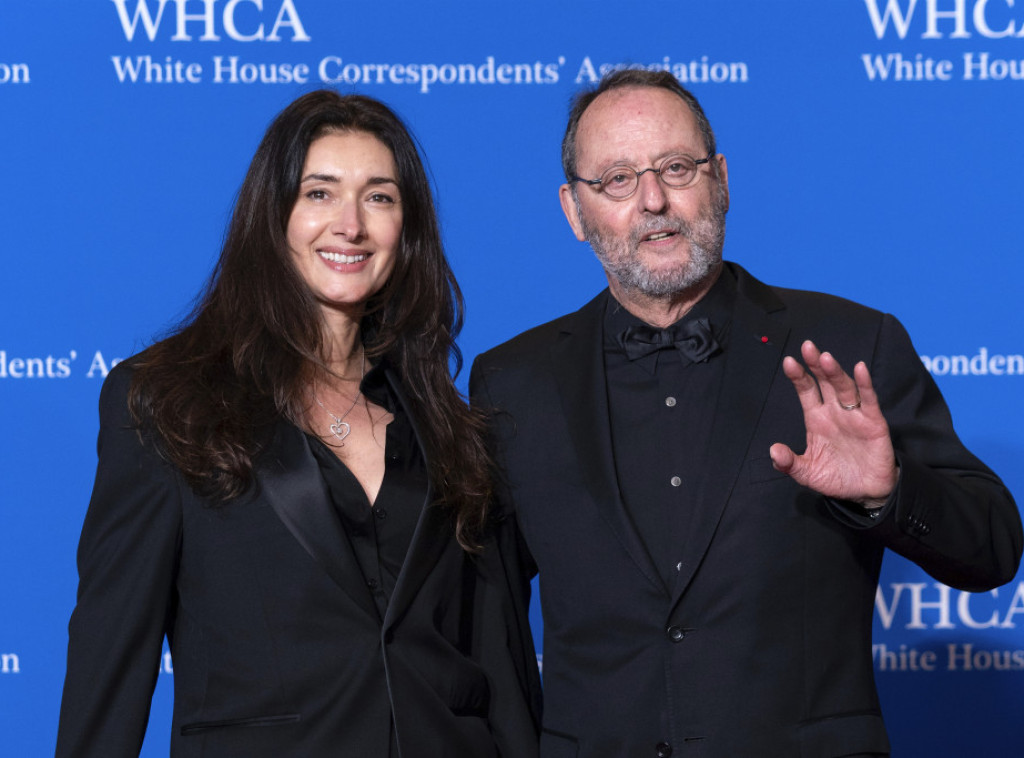
1. maj 2024 13:52
Djuric calls for UN resolution leading to reconciliation, equal treatment of all victims
podeli vest

Foto: UN video
NEW YORK - Serbian Ambassador to the UN Marko Djuric called on UN Security Council member states on Tuesday to draft a new resolution on Srebrenica that would have the consensus of all three entities in Bosnia and Herzegovina, lead to progress and reconciliation and give equal treatment to all victims of the war in the former Yugoslavia.
Addressing an emergency UNSC session on Bosnia and Herzegovina, Djuric urged the top UN body "to consider not just where we have been, but where we are headed."
"We must avoid the pitfalls where previous generations fell into," he said.
"Let us draft a new UNGA resolution that will have consensus within Bosnia and Herzegovina and the region, one that would lead us to future reconciliation, collaboration and friendship, development and prosperity, as our region holds the highest developmental potential in Europe," he said.
"Let us right away withdraw the divisive proposal of the resolution on Srebrenica and commit to a path of mutual respect and equal treatment of all victims," Djuric said.
"My country stands to protect the Dayton Peace Agreement, stands to protect peace and stability in the Balkans region, but also stands to protect the memory and the dignity of the more than 100,000 victims of the bloody civil war in Bosnia and Herzegovina.
All of these victims, regardless of their nationality, race or religion, deserve equal justice, deserve equal treatment and deserve equal remembrance in front of the international community," he said.
"My country has continuously and persistently supported the territorial integrity of Bosnia and Herzegovina, as well as the integrity and the competencies of both Republika Srpska and the Federation of Bosnia and Herzegovina," Djuric said, noting that future generations did not deserve to live in a system perpetuating the same narratives.
"The proposed resolution on Srebrenica was drafted, proposed and co-sponsored by the Permanent Representative of Bosnia and Herzegovina, without the legally required consent from the tripartite presidency of Bosnia and Herzegovina.
On the contrary, this was done in almost complete secrecy, without consulting the Serb entity within Bosnia and Herzegovina, or its elected representatives, and without any attempt to acknowledge more than 100,000 other victims of the war that broke down the former Yugoslavia.
The resolution was drafted without any regional consultations, despite what basic respect amongst nations requires, as well as the established good practice, as was the case with the UNGA Resolution on Rwanda Genocide in 2003.
Furthermore, Article 12 of the UN Charter clearly stipulates that matters discussed by the UNSC should not be decided by UNGA, making the proposal resolution a direct encroachment on the competencies of the UNSC," he said.
Djuric said the draft resolution was "untimely and uncoordinated."
"The very fact that this resolution, launched without consensus within Bosnia and Herzegovina..., ...and in clear and blatant violation of its constitutional order, has, instead of reconciliation, caused the convening of an emergency UNSC session should be sufficient for its initiators to withdraw the proposed text and go back to the drawing board," he said.
"Contrary to everything we are being told by some of the co-sponsors, the real reason for proposing this divisive and dangerous resolution has been revealed by Mr Elmedin Konakovic, the foreign minister of Bosnia and Herzegovina, who, days ago, publicly said: 'Such a Serbia deserves nothing other than to be despised and does not deserve a hand of cooperation.'
He went on to proclaim, in an offensive way, that his ethno-nationalist regime intends to reopen judicial proceedings against my country and does not have reconciliation or good-neighbourly relations on its agenda," Djuric said.



























































